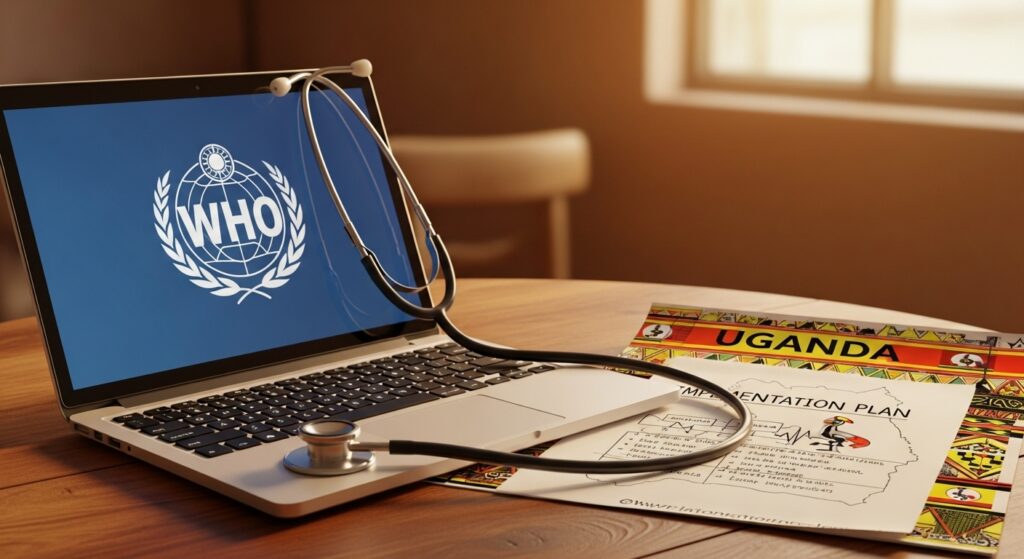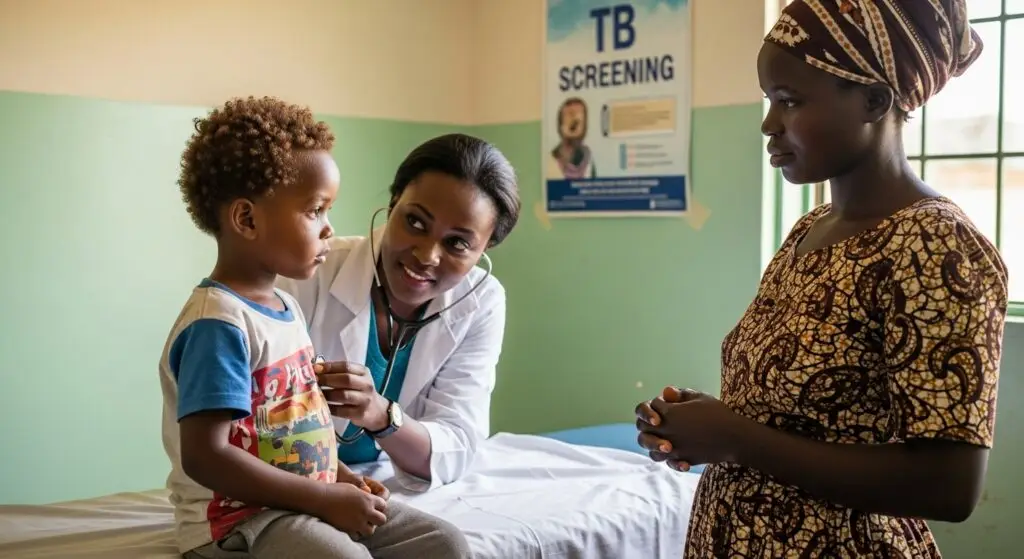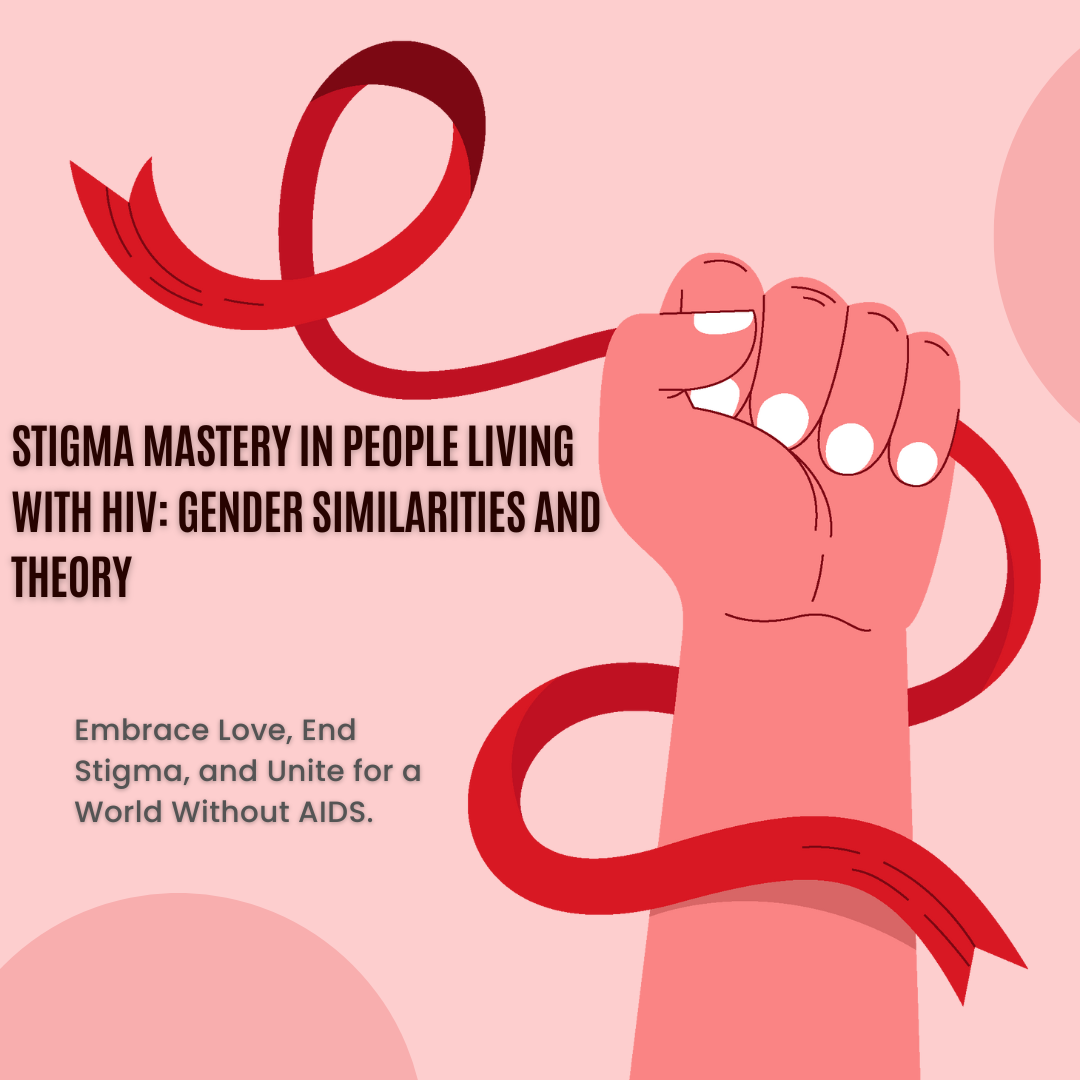Implementing Isoniazid Therapy for Ugandan Children with HIV

Implementation of WHO 2011 IPT Recommendations for Children Living With HIV in Uganda
January 2016 – Journal of Acquired Immune Deficiency Syndromes (J Acquir Immune Defic Syndr) 71(1): e1–8
In Uganda, where children living with HIV face elevated risks of tuberculosis (TB), the World Health Organization’s 2011 guidance recommending intensified TB case-finding and six-month isoniazid preventive therapy (IPT) provided a vital public-health opportunity. A study conducted with support from Nsambya Home Care and partners evaluated the feasibility, uptake, and safety of implementing WHO’s recommendations among HIV-infected children at the Nsambya Home Care clinic.
Key Findings
Among 899 HIV-infected children (49% male) attending the clinic from January 2011 to February 2013, 529 (58.8%) underwent TB screening per WHO protocol; 36 of these (6.8%) were diagnosed with active TB. PubMed
Of the screened children, 280 (52.9%) initiated IPT; 86 (30.7%) did so within three months of TB screening, while 194 (69.3%) did so later. PubMed
Factors associated with a longer time to IPT initiation included reporting a cough at TB screening (adjusted hazard ratio 0.62, 95% CI 0.41–0.94, p = 0.02). PubMed
Safety data were favourable: only four children (1% of those starting IPT) interrupted treatment due to liver-function abnormalities (a five-fold increase in measurements).
Implications for Practice
These findings show that in a resource-constrained setting like Uganda, the WHO 2011 IPT policy can be implemented in routine paediatric HIV care—but delays are common, especially when children present with TB symptoms such as cough. Early screening and timely initiation of IPT remain critical. The favourable safety profile reinforces IPT’s role as a preventive standard of care for HIV-infected children.
Click here to access the article
Integrating TB preventive therapy into HIV care for children is not only possible but essential. Our experience demonstrates that with structured screening and support, we can protect vulnerable children from TB while managing HIV. Delays matter; the earlier we start, the better the outcome
Dr Maria Nannyonga Musoke


What Next?
To improve IPT delivery for children with HIV, systematic TB screening must be strengthened to accelerate treatment initiation, especially for symptomatic cases. IPT follow-up should be seamlessly integrated into standard HIV care to ensure adherence. Additionally, training for pediatric care teams on IPT protocols needs expansion, supported by national policy advocacy to guarantee consistent and sustained access for all eligible children.
In conclusion, this study underscored the feasibility and importance of implementing the WHO 2011 IPT recommendations for children living with HIV in Uganda. With timely action and integration into care pathways, IPT can contribute significantly to reducing TB risk in this vulnerable population.

Jenny Alexandra
Hi! beautiful people. I`m an authtor of this blog. Read our post - stay with us
Contact Us

